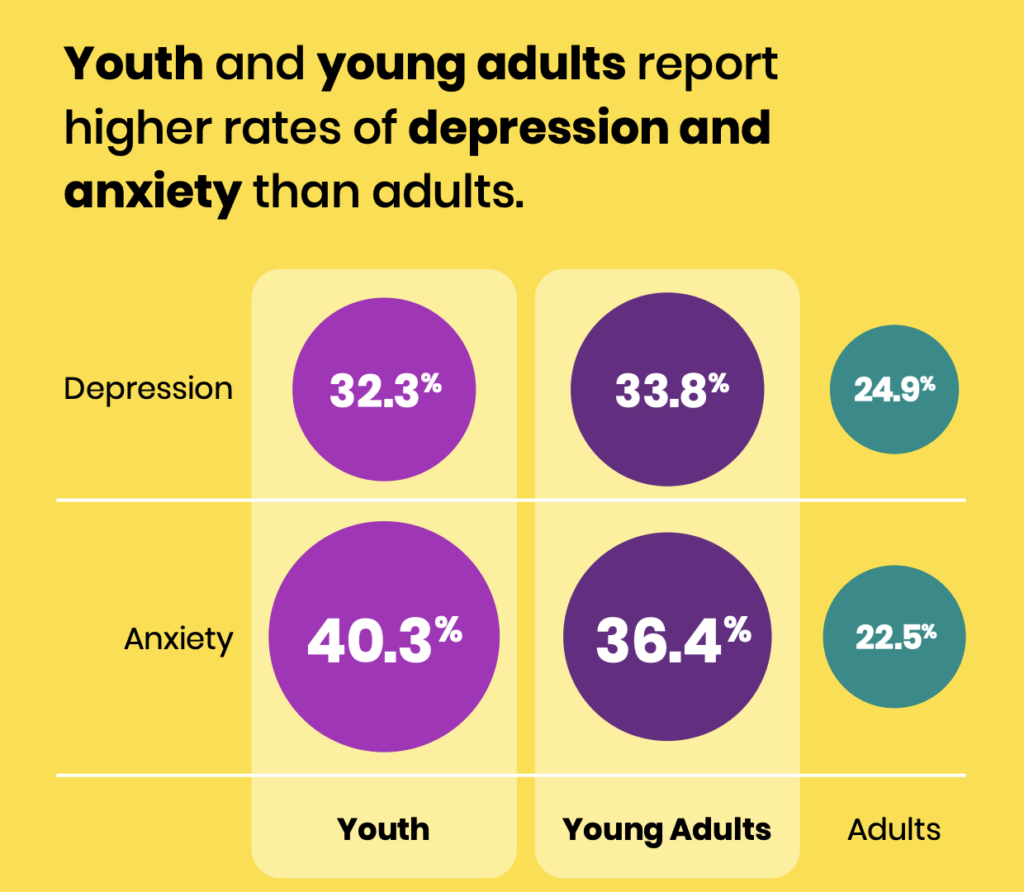Like it or not, youth of today live in different world than their parents generation. How do we as educators (and parents, administrators, and policy makers) understand the digital landscape they inhabit, and help them navigate it successfully.
“Empowering Educators”
This week we discussed “Digital Citizenship” with guest lecturer Jessie Miller from Mediated Reality, a social media educator and consultant for business and schools.
Jesse highlighted educators responsibilities, educating our class on law and school policies regarding privacy issues. We covered things like personally responsible social media use, and what types of information is appropriate, as an educator, to share online (note: it’s not student information!).
More than specific content, Jesse’s talk focused on helping adults understand how important digital literacy is. Kids are very online. That means that bullying, harassment, and other harmful things may be happening in our classroom in online spaces that we cannot see. If we want to make good policies and create a safe and connected school environment, we need to understand the way that kids are actually using technology, and understand that it’s vastly different than the digital worlds we grew up in, and there is no going back.
Kids Need Help
With the recent BC-wide phone ban in schools, the topic of phone, internet, and social media use among youth is being discussed everywhere. And for good reason. Kids are struggling. According to the Canadian Mental Health Association, youth and young adults are experiencing higher rates of anxiety and depression than adults, and many people are linking this to social media usage. These trends are deeply disturbing and have left many of us with the question; what can we do to change this?

Solutions
While the BC Government has opted for a province-wide phone ban, Jesse Miller offered a different approach. Phones, internet, and social media use are woven into the fabric of society he argued, and their presence isn’t all bad. A curated social media feed can bring new information and creativity to our lives. Phones can provide safety to students and an added level of accountability if anything can be recorded. Phones can help English language learners translate teacher instructions in real time, helping them to keep up with learning content. Phones can quickly disseminate important information.
I am not sure I agree fully with the province wide phone ban, or with Jesse. But I do think this in an important issue, and we owe it to kids to take the online nature of the world seriously, and to be looking for ways to increase the positive effects of digital connectivity while decreasing the negative ones. And I think Jesse is right that it must start with really understanding the technology kids are using, and how they are using it. And we must come at the problem with a acknowledgement that kids are growing up in a digital world and that will not change once they graduate. They will need the ability to make informed decisions about their own use of technology, and this is where we as educators can do the most to help.
Sorry, but comments are not enabled on this site.